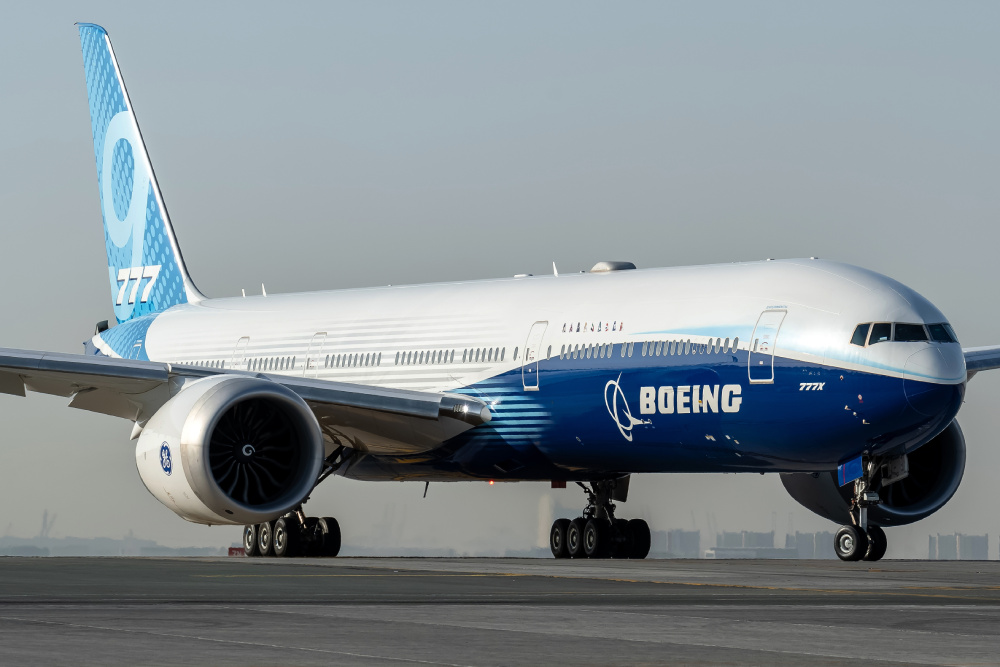
Boeing’s (BA) long-running saga with China took another unusual turn this week when President Trump urged the aerospace giant to “default China” for refusing to accept delivery of two Boeing aircraft.
In response to Trump’s tariffs, China has indefinitely canceled its orders of Boeing jets, starting by returning two planes, each valued at $55 million.
“Boeing should default China for not taking the beautifully finished planes that China committed to purchase,” Trump posted on Truth Social.
“This is just a small example of what China has done to the USA, for years," he added.
As Investors Observer recently reported, China had agreed to major Boeing purchases during Trump’s first term but has since backed out, citing the escalating trade war.
Earlier this month, Trump claimed Beijing “just reneged” on its deal.
A closer look at Chinese airlines, however, shows that orders for Boeing jets have slowed dramatically way before the Trump’s trade war.
In 2017 and 2018 — during Trump's first term — Chinese carriers acquired 122 Boeing jets. Since then, they’ve placed just 28 orders.
That means it’s not just tariffs that are dragging Boeing down.
Boeing’s self-inflicted wounds
Boeing’s business took a major hit in 2019 after it grounded its popular 737 MAX jets following two fatal crashes. Since then, China has largely refused to accept deliveries of Boeing aircraft.
Because Boeing recognizes most of its revenue at the point of final delivery, China’s reluctance has dealt a major financial blow.
By the end of 2024, Boeing had 55 jets stuck in inventory, most originally intended for customers in China and India, according to a CNN report.
The fallout has been brutal. Since the crashes, Boeing has racked up $33 billion in core operating losses — and that figure doesn’t even include its most recent results.
In the fourth quarter of 2024, Boeing posted an $11.8 billion net loss — its largest since 2020 — a sharp jump from a $2.2 billion loss the year before. Revenue fell 31% to $15.2 billion, missing analyst expectations. The company also reported a quarterly cash burn of $4.1 billion.
Boeing’s stock (BA) has been a consistent underperformer over the past five years. Since the start of 2020, BA shares have dropped more than 44%.
By comparison, the S&P 500 Index has delivered a total return of more than 77%, and the S&P 500 Aerospace and Defense Select Industry Index is up nearly 18% over the same period.
Your email address will not be published. Required fields are markedmarked